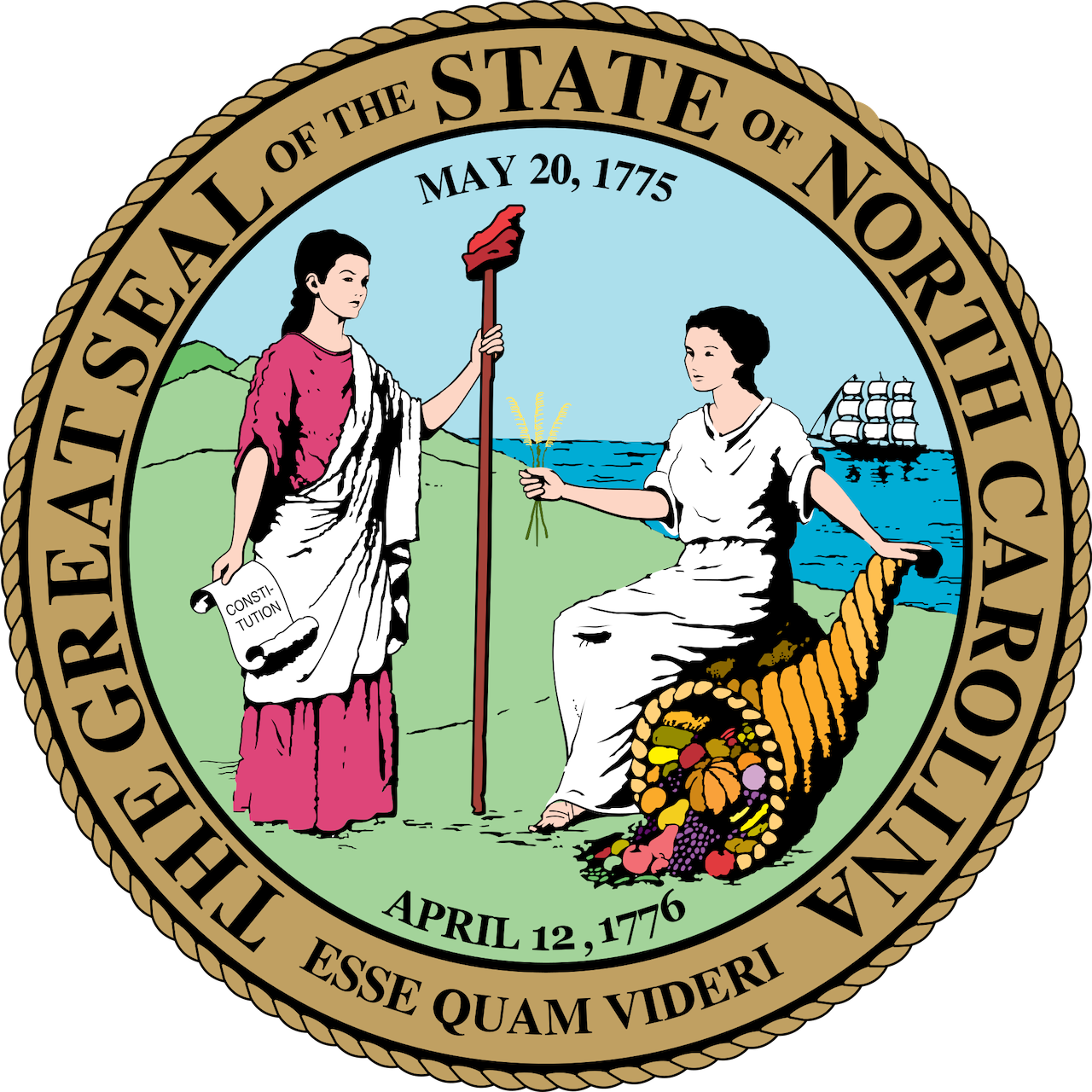An agreement to expand North Carolina Medicaid Thursday is being praised by state and federal lawmakers as well as stakeholders which will be affected by the decision.
The Associated Press reported that North Carolina legislative leaders announced the agreement to expand Medicaid to hundreds of thousands of additional low-income adults through the Affordable Care Act.
The deal likely won’t be voted on until later this month.
“This week’s agreement between the House of Representatives and the State Senate will pave the way for Medicaid expansion across North Carolina,” said state Representative Michael Wray, who had signed on as primary sponsor of the expansion bill. “I am proud to have been able to work with the house leadership in a bi-partisan manner supporting Medicaid expansion. This legislation will mean nearly 500,000 North Carolinians will have access to affordable, quality healthcare insurance coverage. It also will provide a huge boost to our rural hospitals and doctors. It is critical that we get this legislation passed and included in the budget proposal for Governor Roy Cooper’s signature.”
Wray said, “I have worked years supporting Medicaid expansion. This legislation will be life-changing for our patients and will strengthen our state’s healthcare delivery system. Medicaid expansion will be a great legislative milestone for generations to come.”
In Washington late Thursday United States representatives Don Davis, Steve Cohen of Tennessee and Hank Johnson of Georgia — all co-chairs of the State Medicaid Expansion Caucus — released a joint statement.
"We applaud Senate and House leadership in the North Carolina General Assembly for their agreement to expand Medicaid and improve the health and wellbeing of North Carolinians. Our efforts are gaining momentum, and we urge North Carolina leaders to work in a bipartisan manner to ensure we are saving lives and helping our rural hospitals thrive. It's time for the non-expansion states to follow suit and find a path forward for the millions of Americans in desperate need of health care."
The representatives said Americans in the Medicaid coverage gap are non-elderly, low-income adults who earn too much to qualify for Medicaid but too little to afford private health insurance. “The State Medicaid Expansion Caucus will lead the charge in Congress to expand Medicaid across the nation to ensure everyone has access to the lifesaving care they deserve.”
ECU Health CEO Michael Waldrum, said, “This is an important moment for rural health care in North Carolina as our legislators have struck a deal to move Medicaid expansion and the Healthcare Access Stabilization Program forward in the legislative process and one step closer to passage.”
Waldrum said Medicaid expansion will provide coverage to more than 100,000 people in the east and HASP is vitally important to stabilize health care delivery in rural North Carolina. “On behalf of ECU Health and the communities we are proud to serve, I extend my deepest gratitude to our elected leaders for this important development and we look forward to it becoming a reality. While this won’t solve all of the challenges we face in rural health care, this is a critical and necessary step.”
The AP reported that North Carolina has been one of 11 states that has not adopted Medicaid expansion. If the deal goes through, the state would start providing expansion coverage to people starting next January.
Under the agreement, senators obtained the loosening or elimination of “certificate of need” laws that require health regulators to sign off on plans to offer hospital beds for mental health and substance abuse patients, build ambulatory surgery centers or purchase MRI machines. But their demand that advanced-practice nurses be able to treat patients without a doctor’s supervision was left out, according to the AP.
The negotiated measure, built in part on an expansion measure approved overwhelmingly by the House two weeks ago, was still being drawn up Thursday and will need affirmative votes in both chambers.
The federal government covers 90 percent of the cost of Medicaid recipients under expansion. Potentially 600,000 people in North Carolina could receive the benefit — those who make too much to qualify for conventional Medicaid but not enough to receive heavily subsidized health insurance that President Barack Obama’s signature 2010 law provides.
Under the agreement, the state’s 10 percent share would be paid through assessments paid by hospitals, which in turn benefit from getting reimbursed as they cover patients with Medicaid.
The state also would get an extra $1.5 billion over two years through a COVID-19 federal relief package from Congress for states that hadn’t accepted expansion.
The package will include provisions that would result in higher reimbursements for hospital systems when they treat Medicaid patients — resulting in at least $3.2 billion in reimbursements during the next fiscal year for traditional Medicaid patients alone. That should help rural areas, where hospitals have closed or are in danger of closing.








